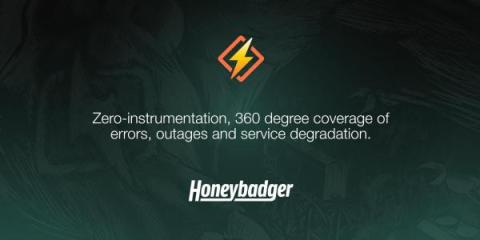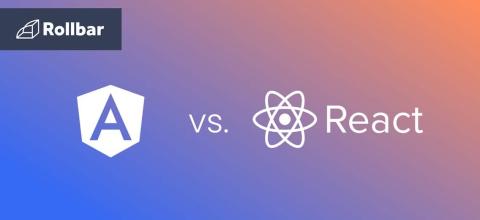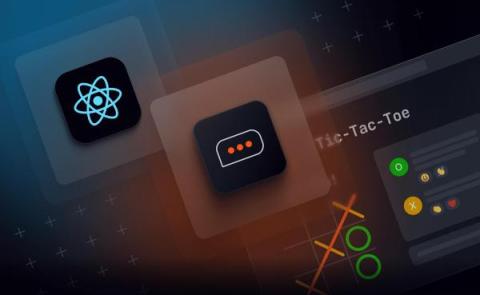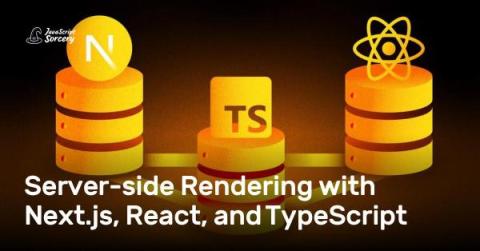Systems | Development | Analytics | API | Testing
React
How to dockerize a Django, Preact, and PostgreSQL Application
Angular vs. React: Which is Better, and When?
The no-nonsense guide React Server Components
How to build a live chat widget in React
Live chats have revolutionized customer support, offering seamless and instant communication between businesses and their customers. When building a live chat, there are two main components on the client side: a chat button and a chat window. The chat button is a clickable icon on your website to prompt visitors to start a conversation. The chat window is the interface where the actual conversation occurs.
5 React trends to get ahead of in 2024
As we kick off 2024, it’s time to look ahead. And while yes, it brings the Paris Olympics, the release of highly anticipated VR devices, and a potential new Nintendo console – that’s not all. It also marks React’s second decade and another year of innovation for the popular framework! But what does 2024 hold for React? And what are developers excited about? We spoke to our network and scoured communities to find out – here’s what they said.
How to add a typing indicator to an in-game chat room with React
In a previous article, I took you through how to add a chat room to a simple game of tic-tac-toe. This post is the second in the series, in which we will look at how to build out the functionality of that chat room with additional features. Across the series, we’ll look at how to manage presence and how to enable emoji reactions – in this post, the focus is on typing indicators. Follow on to find out how to display an indicator when the other person is typing.
Connecting React.js and StimulusJS with JavaScript Events
We recently added a "Getting started" page to the AppSignal, which shows new users a page filled with recommended steps to help them get the most out of their AppSignal experience. Some users enjoy having a helping hand when getting started with AppSignal, others prefer exploring our product solo or already have experience with AppSignal. To give all of our users the option of a guided or solo experience, we needed to a toggle that hides or shows the Getting started page.
How To Enhance AG Grid with Avatars: Building a Collaborative Grid with React and Ably
One of the most common UI elements in software is the tried and true data grid. The idea of organizing data into rows and columns dates back thousands of years. Though human creativity has given us many more ways of displaying data, the humble grid remains a powerful tool in the software developers toolbelt. Today, however, working with any data, including data in grids, often benefits from collaboration capabilities that allow multiple users to work together on the same data.
Server-side Rendering with Next.js, React, and TypeScript
In this post, we'll explain what server-side rendering (SSR) is and how it's different from the usual way websites work. We will run you through how to use SSR with Next.js, React, and TypeScript step-by-step. By the end, you'll know how SSR can make websites faster and better.










